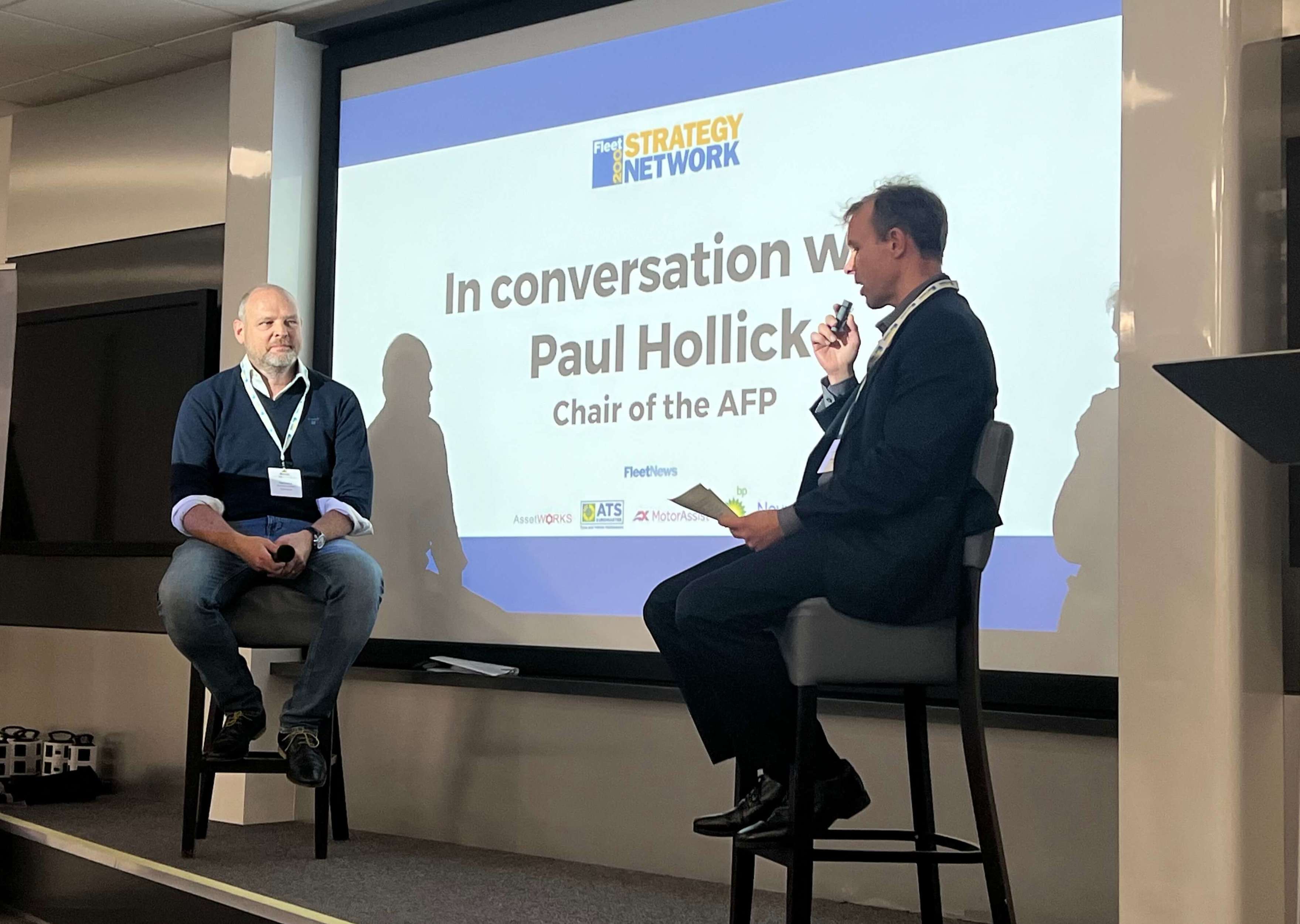
Stephen Briers, group editor of Fleet News, quizzed Paul Hollick (pictured left), chair at the Association of Fleet Professionals (AFP), on key issues that will affect fleet decision-makers in 2024 at the recent Fleet200 Strategy Network meeting.
Stephen Briers: What are the aims and objectives of the AFP’s new Diversity and Inclusion (D&I) Committee and why do you feel it’s important?
Paul Hollick: We need more diversity in our industry. A couple of years ago, we had an issue trying to get a diverse speaker set on stage at one of our conferences, so we then set about developing some new courses and started to get the agenda going in terms of creating thought leadership around diversity and diversification in the fleet industry.
Training-wise, we’re training far more women than men, as softer skills as just as important, if not more important from a fleet management perspective. We’re starting to see an evolution of more diversification coming through, which is positive. We just need these people to get on stage and talk about the industry and the trailblazers in the industry need to come to the fore as well.
SB: What are your views on the current situation regarding the 4.25-tonne derogation for electric vans?
PH: It is probably our main issue at the moment and we’re trying to get it fixed. We have people at supermarkets including Tesco, as well as DPD and Speedy, that are having significant issues with the legislation. There’s a lot of ambiguity from OEMs and dealers as well about what is and what isn’t required. With certain dealers, you can de-select the tacho, and with others, you can’t, for example.
From our perspective, it’s a van. Is a 4.25t van any less safe than a 3.5t van? It’s the same van so it should be the same. We need a new level of regulation where the 4.25 e-vans are treated the same as the 3.5t vans.
Abdul Chowdhury, head of vehicle policy at Office for Zero Emission Vehicles and who was a speaker at the meeting, responded to the concerns.
He said: “If there’s more mass, in the event of an accident, it will cause more damage. There’s a small field of data as the number of these vehicles is so small, but we wanted to see if the data suggests that the risk increases. To date, I have not seen it, which is why we made the changes around the driving licence side. Now we are assessing it from other areas such as MoT.
“If there are additional areas, we can provide regulatory flexibility without risking public safety, we will do so.”
SB: Insurance premiums have been rising, can data from accident management companies help leasing companies mitigate rising insurance premiums?
PH: A lot of our members are moving to self-insured models and increasing excesses to try and keep a lid on costs. Some are installing new technology to try to deal with accidents and prevent accidents from occurring.
There’s a bit of a lack of understanding for the insurance industry about how to set premiums on electric vehicles (EVs). They tend to look at crash data that is predominantly going to be from Tesla’s and extrapolating that across the rest of the brands when Tesla has a slightly different aftersales situation than traditional OEMs, which is increasing premiums. The insurance industry also hasn’t moved to usage-based insurance yet, so if your loss ratios are worse than 85% last year, they’re going to increase the following year.
“We’re going to be working with the insurance industry over the next six months or so to try to help bridge the gap between us and them about how to set insurance premiums. But of course, it’s theirs to set as well. So, I encourage everyone to look at new tech, work with their supply chain, shop around as well from an insurance perspective but fundamentally, dealing with your loss ratios.”
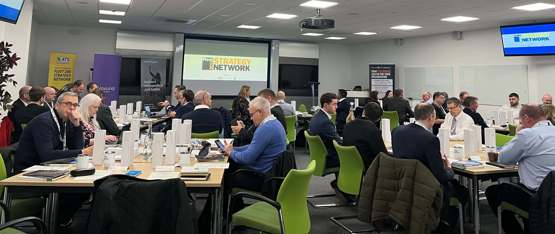
SB: Could you tell us a bit more about the AFP’s latest paper on EV residual values, total cost of ownership (TCO) and service, maintenance, and repair (SMR)?
PH: Since the start of the year, we’ve been hearing a lot about leasing companies and how fleet managers have been overpaying for SMR rentals on EVs. There are fewer moving parts on an EV than an ICE vehicle, so in theory, maintenance costs should be lower.
“We have commissioned a survey by Expense Reduction Analysts (ERA) to look at the overall market around what we’re paying and what we should be paying. What’s interesting is the diversity of how leasing companies are setting their maintenance budgets and the difference of opinion has created a massive imbalance in the marketplace.
“The output here is to work with your leasing company about what vehicles you care about and what maintenance budgets they are setting and the reasons why.”

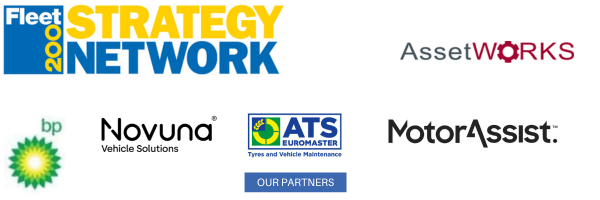




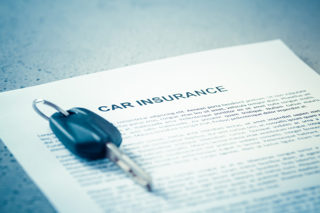
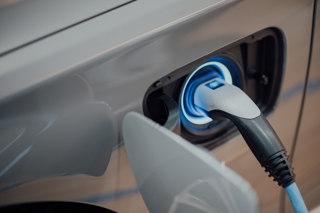














Login to comment
Comments
No comments have been made yet.